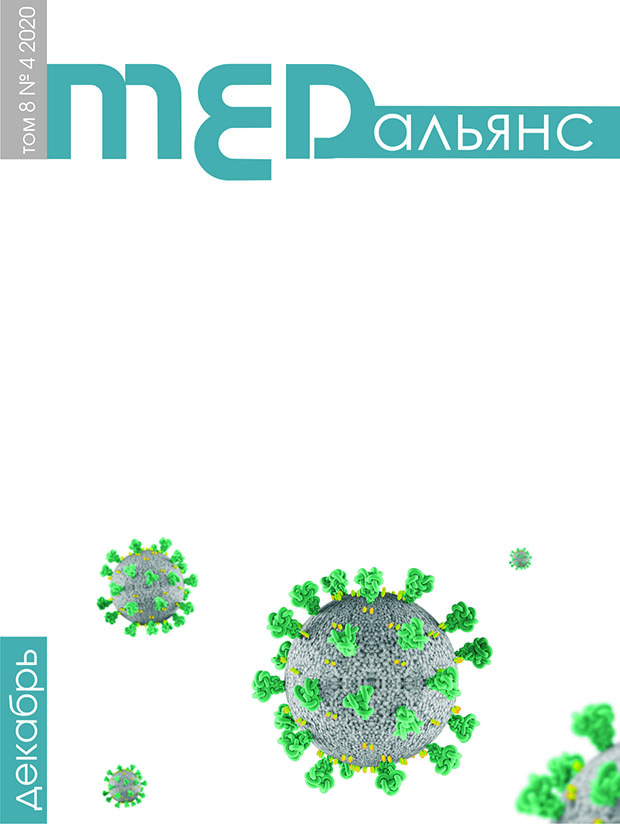Abstract
The article presents the results of a clinical study on the frequency and spectrum of adverse events (AEs) that occur during treatment with an anti-tuberculosis drug (thioureidoiminomethylpyridinium perchlorate, Tpp).
The purpose of the study was to determine the frequency and nature of adverse events when TPP is included in the treatment regimen and to develop an algorithm for the prevention of adverse reactions.
Materials and methods: 125 (N=125) patients with MDR and XDR tuberculosis were examined. 70.4% (88) patients developed adverse events. Results and discussion: At the same time, adverse reactions occurred in 58.3% (35) of the main group, and in 69.2% (45) of the control group. There were no significant differences in the frequency of adverse events between the main and control groups (?2=1.608, 95% CI 0.298-1.298, p>0.05). In the control group, digestive and hepatobiliary AEs were more frequent (up by 8.6% and 3.5%, respectively). On the other hand, dermatological reactions prevailed in the main group (up by 3.8%). Tpp was not shown to be the main cause of drug induced hypothyroidism, it can jointly reinforce thyrotoxic effect when used in combination with protionamide and/or PASA (para-aminosalicylic acid). Statistic analysis showed no significant differences in any class of AEs between the groups (p>0.05 for all AE categories). Up to 68% of adverse reactions were mild (1 and 2 grade).
Conclusion. Thioureidoiminomethylpyridinium perchlorate is not the main cause of drug induced hypothyroidism, it can jointly reinforce thyrotoxic effect when used in combination with protionamide and/or PASA.

